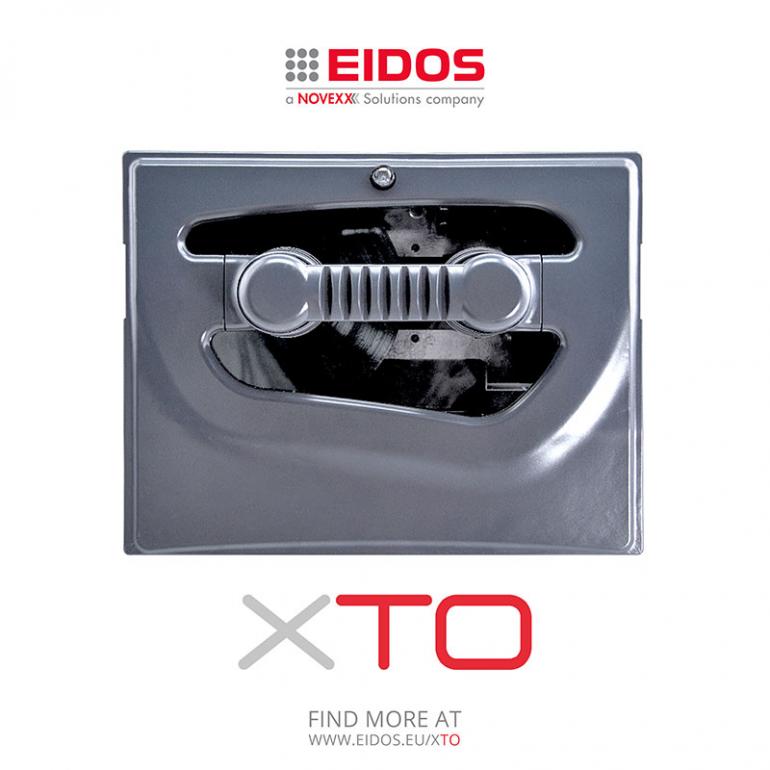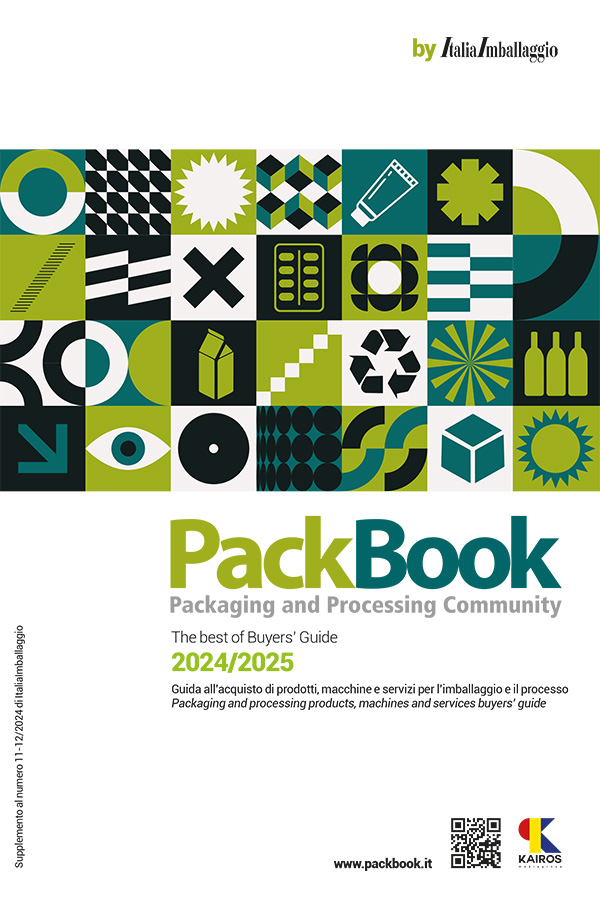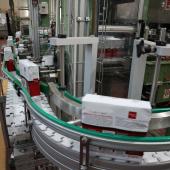Blockchain and traceability in the food sector
With its complete range of marking systems, EIDOS is the ideal partner in every context in which track & trace technologies, integrated in digital and connected architectures, offer high added value in guaranteeing the origin, quality, integrity and safety of food products.
The increasingly accessible and widespread Internet, the mature development of cloud computing technologies, Internet of Things (IoT) and blockchain (which has been extended from the financial context to other production areas) have made possible the increasing integration of digital capabilities in many industrial sectors, at a lower cost than in the past.
In particular, the combination of blockchain and Iot and marking systems finds very interesting application outlets in the food & beverage sector, where the possibility of effectively generating, managing and communicating data related to industrial processes, as well as the complete traceability of every single product along the supply chain, offer unprecedented advantages to protect food safety, a fundamental requirement for both producers and consumers.
Today we are witnessing the emerging affirmation of a new paradigm, defined “Internet of Packaging” (IoP) made possible by the use of different technologies, integrated with digital capabilities: from the most common QR code to RFID tags, NFC, up to the most specific and sophisticated sensors able to detect and communicate complex factors related to food quality and safety (such as taste, odor, freshness or toxicity, or the end of shelf life), allowing a more agile and optimized planning along the supply chain, from production to shipping to the point of sale, up to the final consumer.
In this context, EIDOS, with its range of XTO markers for flexible packaging and its PRINTESS printing & application units for self-adhesive labels, is a reference partner in all situations in which the marking of products and packaging plays a key role in implementing IoP functions, bringing high added value, to the benefit of a controlled and transparent management of the food & beverage supply chain.

IoP benefits for food safety (and more)
There are many situations in which the advantages offered by “Internet of Packaging” technologies are decisive.
To cite a significant example, in the event that a corrupt product is at the origin of a food epidemic, traceability makes it possible to intervene promptly in order to identify the source and isolate, in a chain, the damaged batches, containing the damage to public health and with considerable cost savings, thanks to targeted recalls. This limits confusion and damage to the brand image, resulting in greater consumer confidence.
Another important area of application for IoP concerns warehouse and supply chain management, where IoP technologies can intervene to support robotic automation in warehouse operations, also facilitating the use of connected robots to help staff, for example, in the automatic retrieval and movement of articles, based on data transferred in real time.
Finally, from a broader perspective, sharing point-of-sale data with warehouse and production data makes it possible to optimize processes, speed up order fulfillment, provide a more personalized service to customers, and at the same time gather information about consumer behavior that is valuable to businesses.
For some years now blockchain technology represents a figure of modernity and has ended up interfering even with some economic systems. The food sector is an example of this. Globalization has significantly transformed the food chain sector, making it a complex context. Inside it, sharing information is crucial.
At the basis of everything there is the importance of being able to trace, just like in the blockchain, the various stages through which a food product has passed and therefore to certify and recognize its identity. Labeling is a process that fits perfectly into this context, its purpose being closely linked to the concept of identity of a product.




















